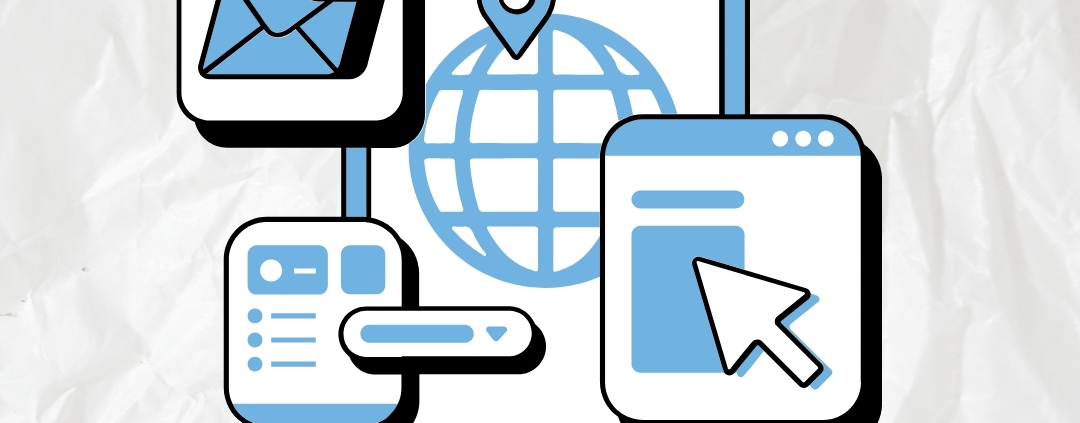Rich Communication Services (RCS): The Next Generation of Mobile Messaging
In the age of smartphones, messaging has become the backbone of personal and business communication. While SMS has served us well for decades, it has limitations—160-character texts, no multimedia, and limited interactivity. Enter Rich Communication Services (RCS), a modern messaging standard that transforms the humble SMS into a dynamic, interactive, and media-rich experience.
RCS is often called the successor to SMS and MMS, offering advanced features like images, videos, read receipts, group chats, and branded messaging. Supported by major mobile carriers and Google, it’s reshaping how businesses and consumers interact in real time.
What Makes RCS Different from SMS?
Unlike SMS, which is text-only, RCS supports:
- High-Resolution Images and Videos – Send product demos, catalogs, or branded visuals.
- Interactive Buttons – Customers can click to buy, book, or confirm directly in the chat.
- Read Receipts & Typing Indicators – Similar to popular chat apps, users know when messages are delivered and read.
- Verified Sender IDs – Businesses appear with a branded profile, logo, and name, adding credibility.
- No App Download Needed – RCS works through the user’s default messaging app.
This blend of app-like interactivity with the reach of carrier networks makes RCS a powerful business tool.
Benefits of RCS for Businesses
- Stronger Engagement
RCS offers rich, clickable content that increases response and conversion rates compared to plain SMS. - Improved Brand Trust
Verified sender IDs reduce spam and phishing risks, helping customers trust messages. - Global Scalability
With growing carrier adoption, RCS is becoming a universal messaging channel without the need for third-party apps. - Analytics & Insights
Businesses can track delivery, open rates, and user interactions—something SMS cannot provide. - Conversational Commerce
Customers can browse, choose, and buy products within a single RCS conversation.
Real-World Use Cases
- Retail & E-commerce: Send product catalogs with “Buy Now” buttons.
- Airlines: Share boarding passes, check-in reminders, and real-time flight updates.
- Banks: Offer account updates, payment reminders, and fraud alerts with secure verification.
- Healthcare: Schedule appointments, send reminders, and share health updates.
RCS vs. OTT Apps (WhatsApp, Messenger, etc.)
While WhatsApp and Messenger dominate global communication, RCS offers one big advantage: native integration with mobile networks. Customers don’t need to download or sign up for a third-party app—RCS messages arrive directly in their phone’s default messaging app.
Challenges in RCS Adoption
- Carrier Dependency: RCS adoption depends on mobile operators and phone manufacturers.
- Apple’s Resistance: iPhones have been slow to adopt RCS, limiting its universal availability.
- Cost Structure: Pricing varies by region and operator, making it inconsistent globally.
The Future of RCS
As more carriers and businesses embrace RCS, it’s expected to become the default messaging standard worldwide. With features like in-message payments and AI-powered suggestions, RCS will make business communication more conversational and transaction-driven.
FAQs on RCS
Q1. What is Rich Communication Services (RCS)?
RCS is a modern messaging protocol that upgrades SMS with rich media, interactivity, and branded business communication.
Q2. How is RCS different from SMS?
Unlike SMS, RCS supports images, videos, buttons, and two-way interactions, making it more engaging.
Q3. Does RCS require the internet?
Yes. RCS messages require mobile data or Wi-Fi, unlike traditional SMS.
Q4. Is RCS secure?
Yes. Business messages come from verified senders, and encryption ensures data safety.
Q5. Can businesses use RCS for marketing?
Absolutely. From promotions to reminders, RCS enables interactive campaigns with better engagement rates.




Leave a Reply
Want to join the discussion?Feel free to contribute!